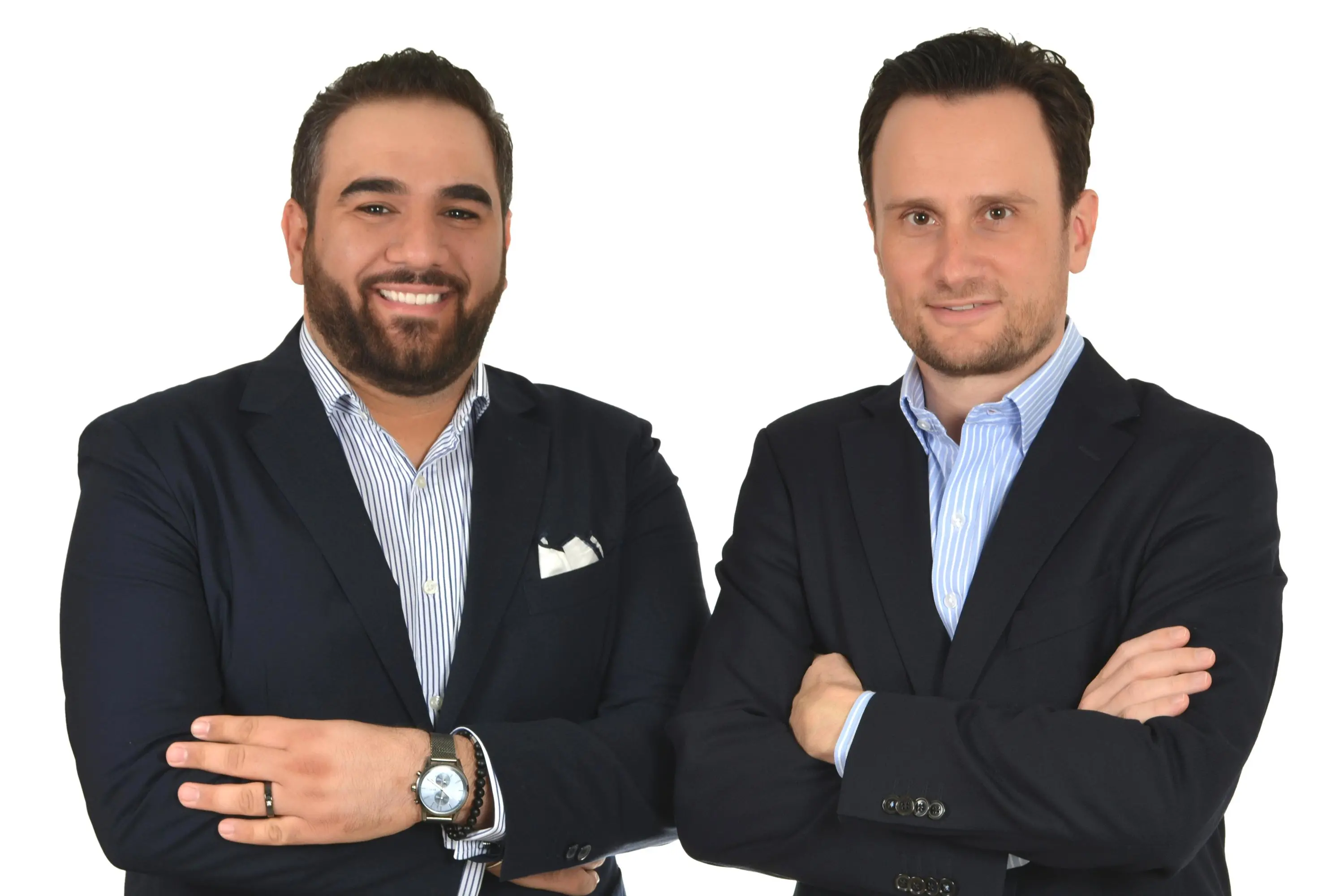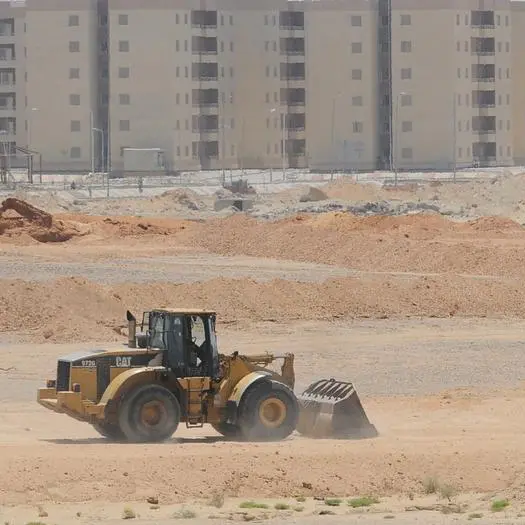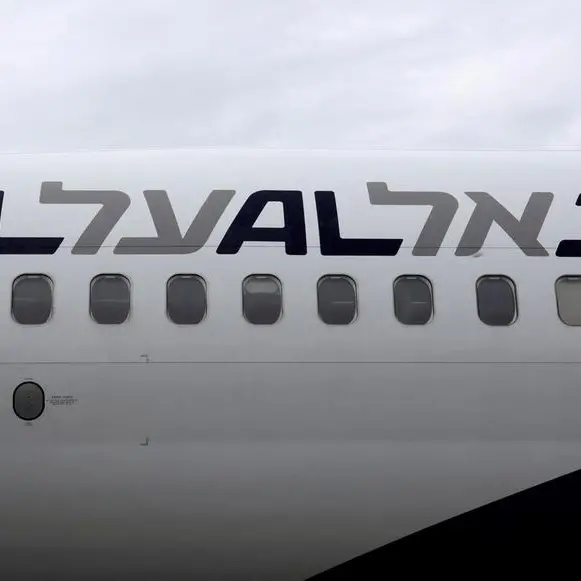PHOTO
Dubai-based FlexxPay, which is close to raising around $3 million from investors, will relocate its headquarters to Riyadh in early 2020 as the fintech firm focuses on Saudi Arabia.
FlexxPay provides individuals with advances on their earned salary, charging a flat fee in a business model similar to PayActiv in the United States and Wagestream in Britain. Having launched services in the UAE in mid-2019, this Shariah-compliant offering will begin operations in the kingdom from January 2020.
“Saudi will be our main market,” Michael Truschler, co-founder and CEO of FlexxPay, told Zawya. “For the next 18 months, the focus is Saudi Arabia, followed by the UAE.”
Dubai may have established itself as the Gulf’s financial hub, but Truschler and fellow co-founder Charbel Nasr believe Riyadh is more receptive to fintech disruption.
“We experienced a huge difference between banks in the UAE and Saudi Arabia in terms of readiness and willingness to adopt new technologies and innovations that come from smaller companies like us as a fintech,” said Truschler. “In the UAE, we felt a lot of resistance from banks to work with fintechs, even though it could be a very complementary relationship.”
He continued: “In Saudi, it’s very different; there has been a huge shift over the past 12–18 months, where banks are eager to adopt new technologies and support the fintech ecosystem.”
PARTNERSHIPS
In November, FlexxPay signed a partnership agreement with Riyad Bank and will add a second Saudi bank partner before the end of the year, while in the UAE the firm has secured similar agreements with Abu Dhabi Commercial Bank and Nasco Middle East, a large insurance broker.
FlexxPay recruits companies to its platform rather than connecting with end-users directly. Once a company has signed up, its employees can register with FlexxPay’s app to request up to half the money they have earned since they were last paid.
“We remove the financial stress from the employee and give them access to what was theirs anyway,” said Truschler, a serial entrepreneur and co-founder of the Middle Eastern home shopping channel Citruss TV, which was sold to Chinese investors in 2017.
“We’re solving a big issue for [the employer], because staff who are financially stressed are not very productive.”
Nearly 80 percent of U.S. workers live paycheque to paycheque, according to a 2017 study, and Truschler believes similar dynamics play out in the Gulf. FlexxPay targets low- to middle-income employees who earn around $1,000 to $4,000 per month.
“It’s very common in the region to request a salary advance. Some companies are very strict because they don’t want to open it up to all employees; that’s where we come in. We’re solving a real-world problem for the people and the companies.”
Payday lending has been strongly criticized in other regions for charging exorbitant interest rates, but Truschler stressed his company is not a payday lender and does not charge interest. Instead, it levies a one-off fee of around $7, which can be reduced if an employer opts to subsidize these costs.
Advances on FlexxPay are typically for $250–$300. If someone were to obtain a $300 advance 15 days before their next pay cheque, for example, a $7 fee would equate to an annual percentage rate (APR) of 57 percent, according to Zawya calculations.
“We wanted to ensure that the fee structure is very simple and transparent [and] there are no surprises,” said Truschler. “This isn’t payday lending, which has a very bad reputation. Ours is a clean model where there’s a single fee and nothing else.”
He said his company has arrangements with financial institutions to provide the cash advances requested by users, an agreement that means FlexxPay does not require a financial services licence.
“The money comes from our partners,” said Truschler. “We take a nominal fee for each transaction, regardless of the amount.”
FlexxPay received seed funding of around $1 million about 12 months ago. It began raising pre-Series A funding following the product launch in the UAE in August for a further $2 million. Investors in this round include Wamda Capital. Series A funding will then start in late 2020.
“We will expand to neighbouring countries and also Europe eventually, but the main focus for 2020–2021 will be Saudi Arabia,” said Truschler. The company expects to break even in late 2021.
“The business is very dependent on volumes,” Truschler added. “The fees we charge are nominal, so to break even we need 50,000 to 60,000 transactions per month.”
(Writing by Matt Smith, editing by Seban Scaria seban.scaria@refinitiv.com )
Disclaimer: This article is provided for informational purposes only. The content does not provide tax, legal or investment advice or opinion regarding the suitability, value or profitability of any particular security, portfolio or investment strategy. Read our full disclaimer policy here.
© ZAWYA 2019




















